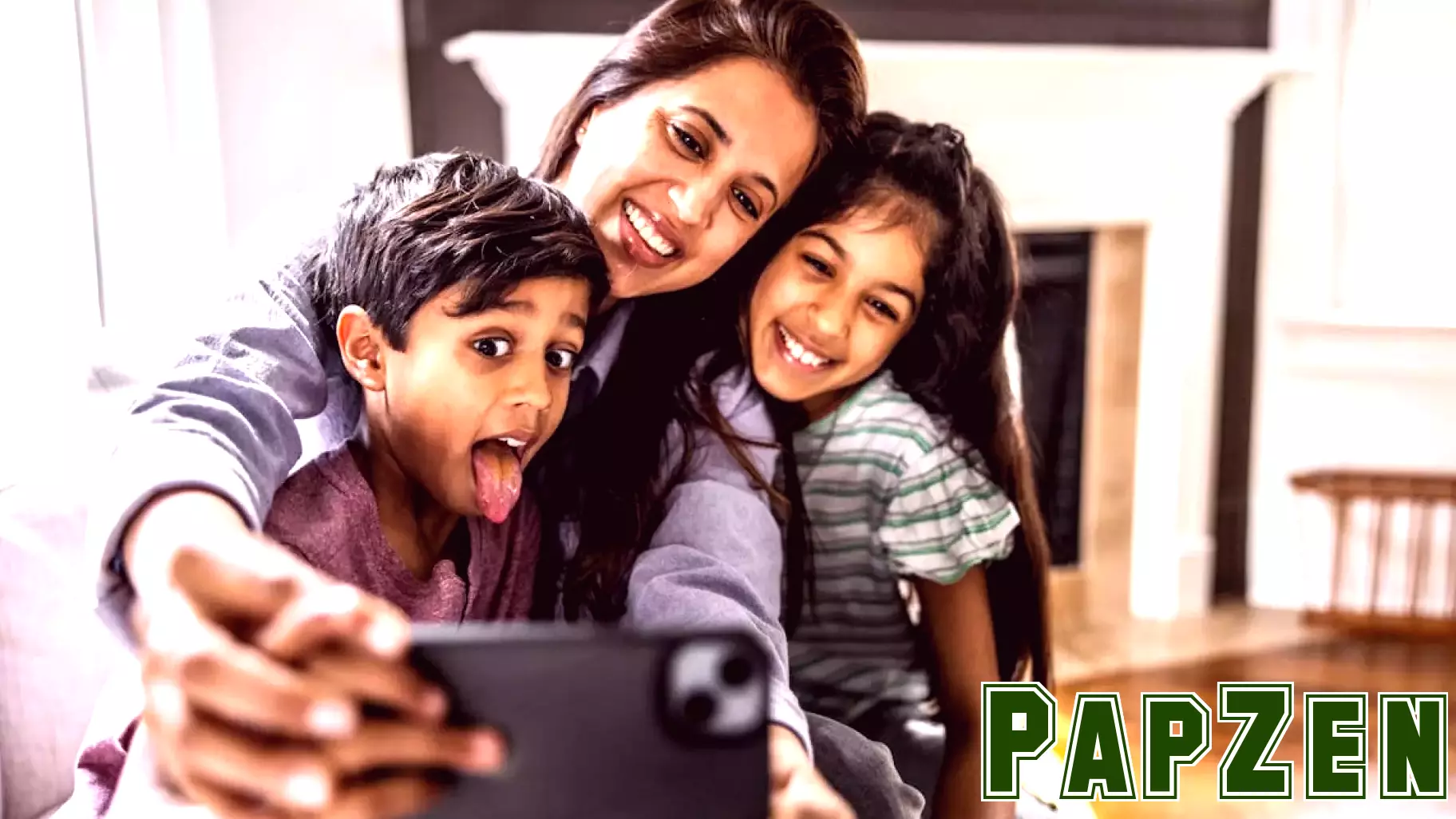The Surprising Truth About Parental Favoritism: Daughters Often Reign Supreme
January 22, 2025 - 19:08

Discover the surprising truth: parents may have favorites! A new study reveals why agreeable daughters often take the top spot in parental favoritism. Researchers found that many parents unconsciously favor their more compliant and amiable children, which often turns out to be their daughters. This phenomenon can be attributed to several factors, including social expectations and traditional gender roles that encourage girls to be nurturing and accommodating.
The study highlights how these dynamics can shape family relationships, leading to feelings of resentment among siblings who may perceive a lack of equal treatment. Interestingly, while parents may not openly admit to having favorites, their actions often reveal a bias towards daughters who exhibit traits such as kindness and cooperation.
This favoritism can have lasting effects on family bonds, self-esteem, and sibling rivalry. Understanding these dynamics can help parents create a more balanced environment, fostering healthier relationships among their children.
MORE NEWS

February 19, 2026 - 21:24
Parenting with passion, commitmentA powerful testament to the transformative power of intentional parenting has emerged from a personal story shared online. An individual recently addressed a former mentor, reflecting on a journey...

February 19, 2026 - 01:08
Shia LaBeouf's telling comments on parenting daughter with estranged wife Mia GothActor Shia LaBeouf has offered rare insight into his approach to fatherhood, speaking about co-parenting his young daughter with estranged wife Mia Goth. The comments, made prior to his recent...

February 17, 2026 - 18:48
Alia Bhatt Parenting Tips: Why Alia Bhatt’s latest Chinese obsession says more about parenting than any viral trend | - The Times of IndiaIn between film shoots, script readings, and production meetings, Alia Bhatt is turning pages on parenting. Recently, she shared that she is “obsessed” with the teachings of Confucius, finding...

February 16, 2026 - 23:29
Farah Khan’s honest take on parenting triplets with boundaries that work - The Times of IndiaFilmmaker and choreographer Farah Khan has always managed to juggle her busy professional life with raising her triplets, Czar, Diva, and Anya, alongside husband Shirish Kunder. Now, as her...